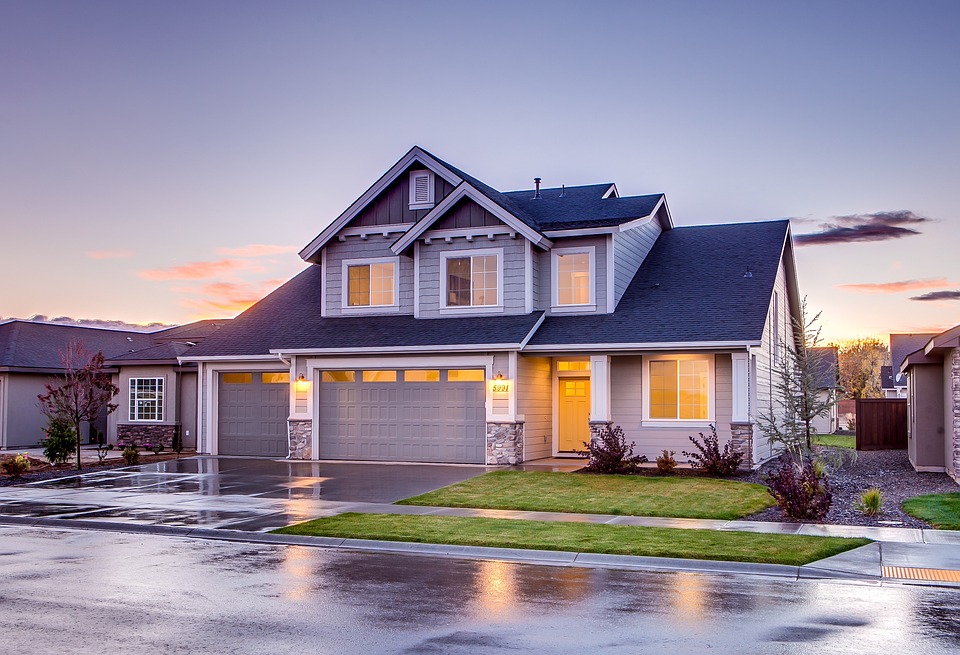The Impact of Technology on Residential Development: Smart Homes and Beyond
Introduction
In recent years, technology has revolutionized the way we live our lives and has significantly impacted various industries, including residential real estate development. The emergence of smart home technology, in particular, has transformed the way we interact with our homes and surroundings. From smart thermostats and lighting systems to voice-controlled devices and security cameras, technology has made homes more efficient, convenient, and secure. In this article, we will explore the impact of technology on residential development, the rise of smart homes, and the future possibilities beyond smart homes.
The Rise of Smart Homes
Smart homes are residences that are equipped with a range of internet-connected devices that can be remotely monitored and controlled. These devices include smart thermostats, lighting systems, security cameras, door locks, and appliances. The main goal of smart home technology is to enhance the homeowner’s comfort, convenience, and security while reducing energy consumption and maintenance costs.
One of the key advantages of smart homes is the ability to monitor and control various aspects of the home remotely. For example, homeowners can adjust the temperature, turn on the lights, lock or unlock doors, and even monitor their security cameras from anywhere in the world using a smartphone or tablet. This level of control not only enhances convenience but also increases security and peace of mind for homeowners.
Another benefit of smart home technology is its ability to improve energy efficiency. Smart thermostats, for example, can learn the homeowner’s preferences and adjust the temperature accordingly, saving energy and reducing utility costs. Similarly, smart lighting systems can be programmed to turn off when not in use, further reducing energy consumption. Overall, smart homes are more environmentally friendly and cost-effective than traditional homes.
Future Possibilities Beyond Smart Homes
While smart homes have already revolutionized the residential development industry, the future possibilities go far beyond what we can imagine today. Emerging technologies such as artificial intelligence, virtual reality, and the Internet of Things (IoT) are opening up new opportunities for innovation in home design and construction.
Artificial intelligence (AI) has the potential to transform the way we interact with our homes. AI-powered personal assistants can learn the homeowner’s preferences and habits and anticipate their needs, making recommendations and adjustments in real-time. For example, AI could adjust the lighting, temperature, or music based on the homeowner’s mood or schedule.
Virtual reality (VR) is another technology that is shaping the future of residential development. VR allows homeowners to experience and customize their homes before they are even built, giving them a better understanding of the layout, design, and features. Developers can use VR to showcase properties to potential buyers and investors, creating immersive and interactive experiences that drive engagement and sales.
The Internet of Things (IoT) is a network of interconnected devices and sensors that communicate with each other to provide real-time data and insights. In residential development, IoT can enable smart homes to become even smarter by integrating various devices and systems. For example, IoT can connect smart appliances with home security systems, creating a seamless and integrated ecosystem that enhances convenience and security.
Conclusion
In conclusion, technology has had a profound impact on residential development, particularly with the rise of smart homes. Smart homes have revolutionized the way we interact with our homes and have made them more efficient, convenient, and secure. The future possibilities beyond smart homes are endless, with emerging technologies such as artificial intelligence, virtual reality, and the Internet of Things paving the way for innovation in home design and construction.
As technology continues to evolve, so too will residential development. Developers and architects must stay ahead of the curve and embrace new technologies to create homes that are smarter, more sustainable, and more personalized than ever before. The future of residential development is exciting, and the possibilities are limitless.
